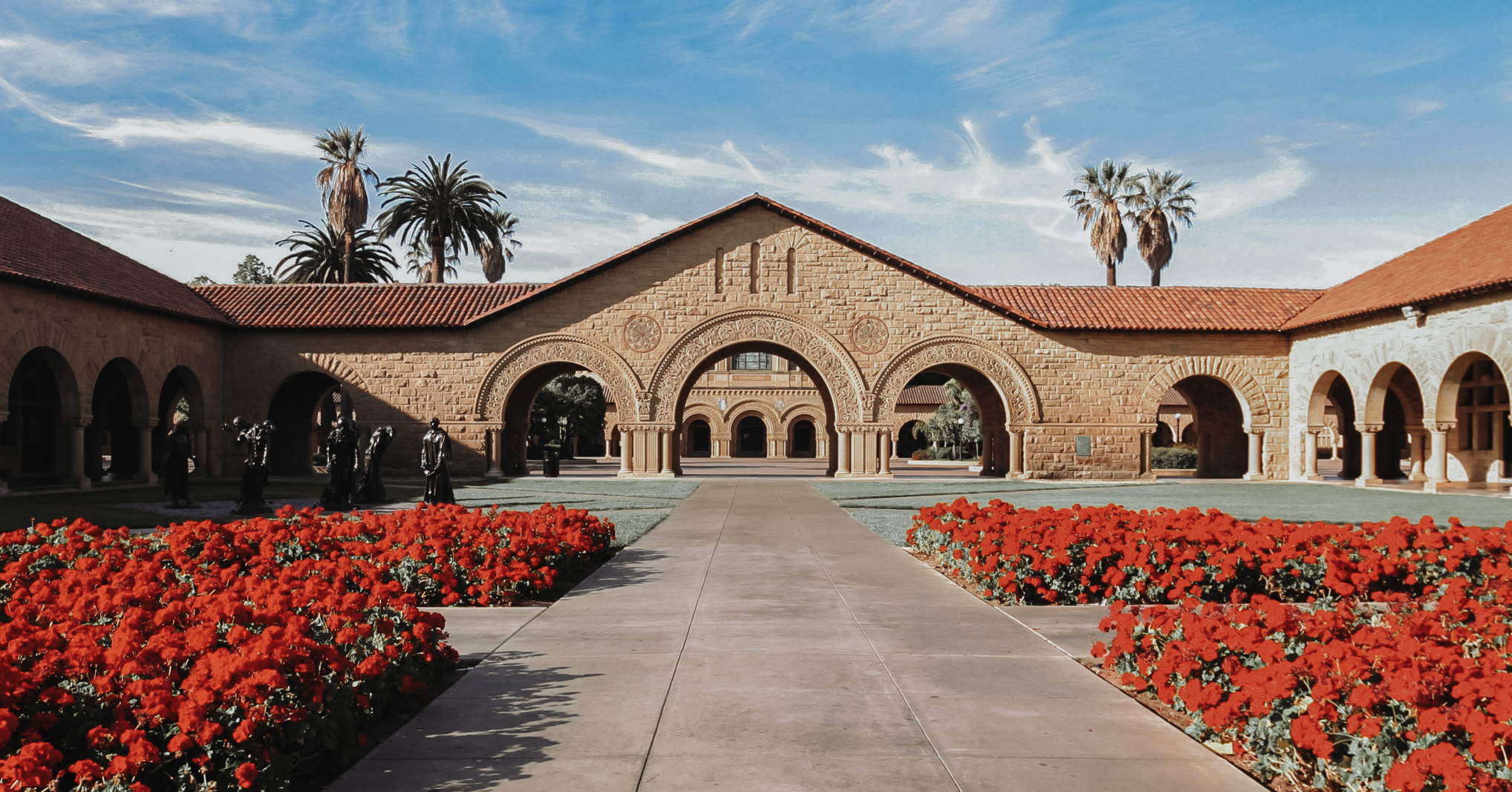Luca Pistor spent 4 weeks during his summer holidays at the ZHAW learning what linguistic research can be. Here he worked on his own research project, supported by the digital linguistics research team. He is studying computer science and linguistics at Stanford University in California. His research project was about studying ways in which computational methods can be used to prevent L2 English speakers from making grammatical mistakes in written work.
by Christine Benson, Head of International Relations
What was the reason you chose to do a research project here at the ZHAW?
I was looking for a research opportunity to spend the summer in central Europe. I wanted to learn how research is done in linguistics, specifically in corpus linguistics.
I looked into computer linguistics research teams in central Europe, and read recent publications. The ZHAW stood out as an excellent place to apply because of its prominence in applied linguistics. One research project in particular stood out, the new Corpus (Swiss-AL-Corpus) that they built. As I was reading about the Swiss-AL-Corpus, I wanted to learn more about the importance of big data in discourse linguistics.
What I really liked about the ZHAW was their focus on the importance of understanding discursive practices in online communities through computational methods. I am also very interested in studying social trends to see how language is used, which fit in nicely with the ZHAW’s projects. I felt honoured to have had my application accepted!
What impression do you have of the ZHAW?
I appreciated the great opportunity to meet very talented researchers. I felt incredibly welcomed by them and really appreciated the support that I was given by the members of the research group. I met all the team members and had one-on-one conversations with them about their incredibly interesting work. As a result, I discovered many different approaches to research. They also explained to me how they came into academia, and linguistics in particular. I was very inspired by all the researchers, by the work they are doing, and how they all enjoy working at the ZHAW. I benefited a lot from my conversations, especially those with my primary advisor and mentor during the summer, Prof. Dr. Cerstin Mahlow.
What was your research about?
The ZHAW research team supported me in determining the scope of the research project that I worked on during the summer. My work on grammatical error detection was inspired by Professor Mahlow’s research on understanding grammatical errors in non-native speakers by monitoring the writing process. Soon after speaking with Cerstin, I told her that I was very interested at looking at natural language parsing. My past experience with compilers had taught me about the challenges associated with parsing formal languages, but I didn’t know much about natural language parsing. I spent the summer studying parsing strategies, trying to determine which domains take well to the use of manually determined rule-based strategies, and in which domains statistical parsing strategies win out.
Did you work and live in Winterthur?
I was glad I could come to Winterthur in person, despite the pandemic. The city itself is lovely; the old town of Winterthur is especially picturesque. Its size is perfect. It grew out of an industrial centre in the 19th century and is now clearly a university city. I’ll always have vivid memories of walking through the cobblestone-paved city centre. I really loved the art galleries, the parks and hiking opportunities around the city, and I often went hiking around Winterthur in my free time.
Unfortunately, my internship ended on the day that classes began for the autumn semester, so I wasn’t able to meet any students while on campus. Nevertheless, I had a great experience. I felt very welcomed by all the people that I met at the ZHAW and at the Rotary Club. Rotary offered me a generous fellowship to cover my living expenses, and invited me to hold a seminar to speak about my research, and about the rising importance of digital linguistics as we move into an increasingly data driven world.
Did you achieve your goals during your internship?
The time I spent at the ZHAW gave me an excellent start into research, and I now understand my field better. I felt that my time at the ZHAW was an excellent learning opportunity, and it helped me to better understand how research is done in different academic environments. By working at the ZHAW, I was able to better understand what the process of research is like, and how to begin answering a research question. Everything I learned here has certainly helped me to grow as a researcher!
Do you have any tips for future research interns?
Yes – I would recommend that they familiarise themselves with the work that has been done on their topic of interest, and with the different members of the research group. This will make sure that they can quickly align themselves with someone in their research area of interest upon coming here. It took me some time to find a research direction that was of interest to me, and I believe that knowing this direction from the beginning would have helped me to make more progress during my time here. Before starting the internship, I suggest that any interns make a list of what kind of research questions they find interesting, and which researchers in particular they would like to speak with.
I want to thank the ZHAW and Rotary International for this experience. I’ve greatly enjoyed my time here, and I appreciate how welcoming everyone has been.
